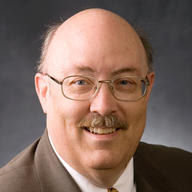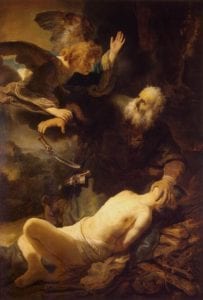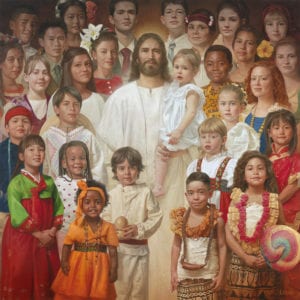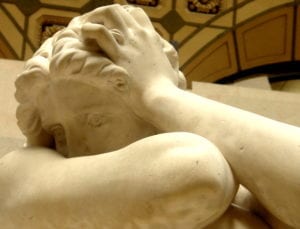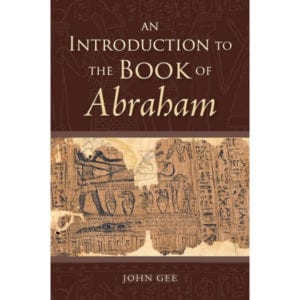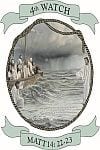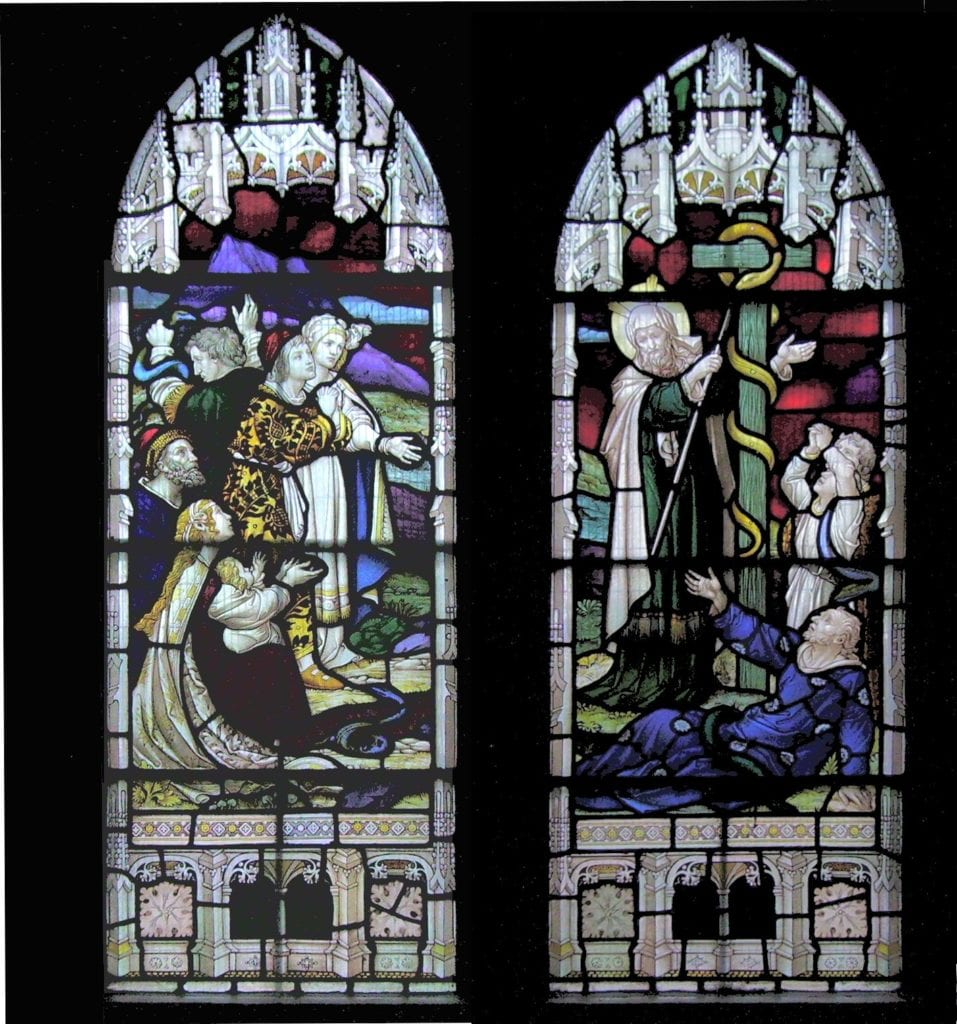
An Old Testament KnoWhy relating to the reading assignment for Gospel Doctrine Lesson 15: “Look to God and Live” (Numbers 11-14; 21:1-9) (JBOTL15A)
Question: Though the importance of the need generally for all of us to “look to God and live” is easily apparent to modern readers, the specific choice of a brazen serpent on a pole as a symbol of Christ is difficult to understand. How does the brazen serpent symbolize Christ? And, in addition, does the symbolism of the temple shewbread relate in any way to the modern LDS sacrament?
Summary: The serpent raised by Moses is cited more than once in the Book of Mormon as a type of Christ. Moreover, Jesus Christ Himself cites this story to explain His mission, but the imagery would have been much better understood by His disciples than it is to people today. In this article, we will draw out some of the ancient meanings of the serpent that was “lifted up”as they are found in the New Testament and the Book of Mormon. Less well known than the story of the brazen serpent is the symbol of the temple shewbread. Although reminiscent in some ways of the emblems of the Lord’s death that are administered in our weekly sacrament meetings, this article will explain how the symbolism of the shewbread builds upon and extends the significance of sacrament in ways that were meaningful in the time of Moses and continue to be so in our day.
The full article may be found at the Interpreter Foundation website: KnoWhy OTL15A — How Do the Serpent and the Shewbread Symbolize Christ?
